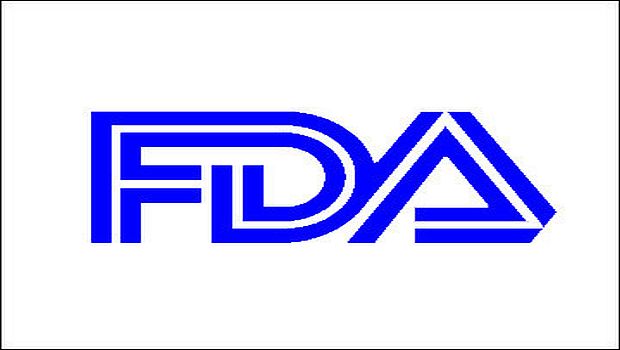As FDA officials explained, the agency uses adverse event reports to monitor the safety of foods, and such information has resulted in investigations, import alerts and enforcement actions.

In an effort to support transparency, FDA is for the first time publishing data on adverse events it receives related to cosmetics and foods, including dietary supplements and conventional foods.
In a Dec. 6 constituent update, FDA announced it would publish on a quarterly basis data that was extracted from the agency’s adverse event reporting system. The first adverse event data released by FDA covers the period from 2004 through September 2016 and includes reports submitted by consumers, medical professionals and industry.
The information previously could only be accessed through Freedom of Information Act requests. As FDA officials explained, the agency uses adverse event reports (AERs) to monitor the safety of foods, and such information has resulted in investigations, import alerts and enforcement actions. For example, FDA officials cited the recalls of HydroxyCut and OxyElite Pro dietary supplements, and probes of cosmetic products, such as EOS lip balm and Brazilian BlowOut hair smoothing treatment.
“We’re hoping that this increased transparency will result in more detailed and complete reports that will help us to more rapidly identify red flags about a possible safety issue with products we regulate," FDA’s Susan Mayne, Ph.D., and Katherine Vierk, wrote in a blog announcing the agency’s reasons for publishing the data. Mayne leads FDA’s Center for Food Safety and Applied Nutrition (CFSAN), while Vierk is director of CFSAN’s Division of Public Health Informatics and Analytics.
The officials said the agency planned to “modernize the system to make reporting adverse events as user-friendly as possible," with more details expected to be released in about a year.
Sen. Richard Blumenthal, a Democrat from Connecticut, lauded FDA’s announcement. The senator specifically zeroed in on an industry that he has sought to further regulate through legislation: dietary supplements.
“For far too long, the dietary supplement industry has skirted the law and avoided public scrutiny by hiding behind regulatory loopholes and misinformation," Blumenthal declared in a written statement. “Today’s action by the FDA will draw back the curtain and reveal the true health consequences of the industry’s bad actors. Comprehensive, fully transparent, and easily accessible data on the dangerous reactions consumers have reported to the FDA, including on dietary supplements, will help inform and protect other consumers from suffering the same fate."
The Council for Responsible (CRN), a trade organization representing the supplement industry, supported FDA's move to publish the data.
"However, we also urge caution when interpreting adverse event data, because even FDA has stated that adverse events do not prove causality," said Rend Al-Mondhiry, associate general counsel of the trade group, in a statement. "Our industry lobbied for the law that requires adverse event reporting for dietary supplements, and the results to date have reinforced the industry’s strong safety record. This announcement by the agency is also a reminder to all companies that the law requires companies to report serious adverse events to FDA no later than 15 business days after receiving the report.”
Under the Dietary Supplement and Nonprescription Drug Consumer Protection Act, which took effect in 2008, distributors, manufacturers and packers of dietary supplements must report to FDA serious AERs possibly connected to their products, including deaths.
But as Al-Mondhiry indicated, the data that is reported to FDA has its limitations.
“FDA has not necessarily determined that the events reported were actually caused by the product in question," FDA's Mayne and Vierk noted. “And there often are gaps in the information provided, which should ideally include the product name, symptoms, outcome, consumer’s sex and age, and the date the adverse event was experienced."
About the Author(s)
You May Also Like






.png?width=800&auto=webp&quality=80&disable=upscale)